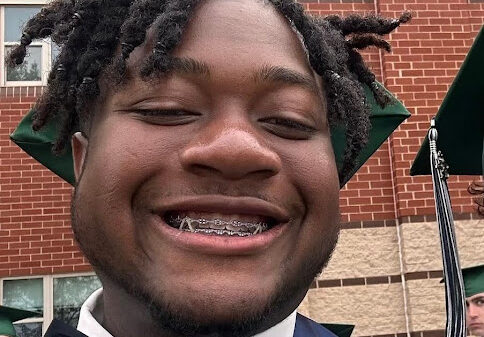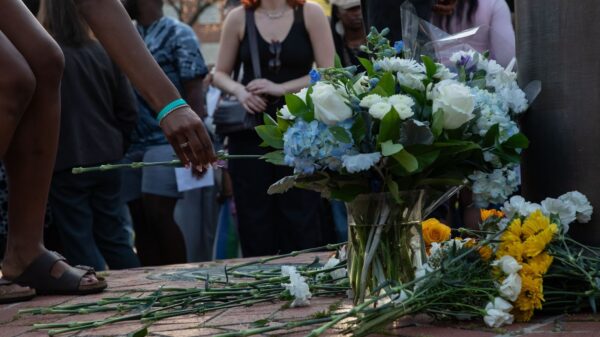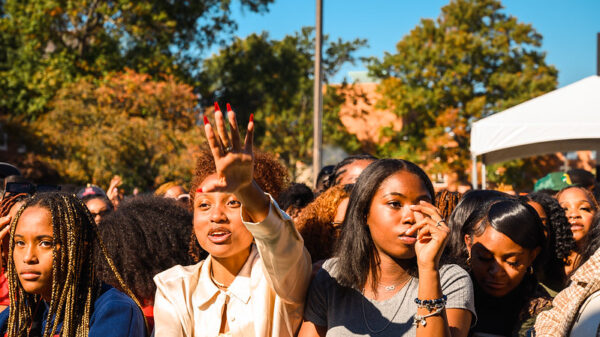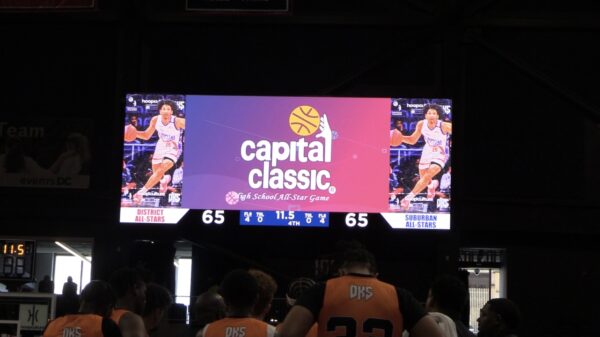By: Tiasia Saunders, Staff Reporter

Photo Courtesy of JoeBiden.com
President Biden introduced his Build Back Better plan in March of this year, proposing up to $45 billion in funding specifically for the nation’s HBCUs and minority serving institutions (MSIs). However, those counting on the payout were left in dismay after seeing the dramatic decrease of funding in the president’s recent reconciliation bill.
HBCUs and MSIs expected to receive $20 billion in funding for research infrastructure; $10 billion in funding for research and development in science, technology, engineering, and mathematics (STEM) and $15 billion in funding for the development of 200 research centers. The reconciliation bill included only $2 billion for research development infrastructure, according to Inside Higher Ed, and nothing as it pertains to HBCU and MSI STEM research or the development of research centers. Furthermore, the proposed $2 billion would be used for competitive grant funding as opposed to direct funding, according to Victor Santos, the senior director of government relations of the Thurgood Marshall College Fund.
“Minority-Serving Institutions include Hispanic-Serving Institutions [HSIs], and there are 596 of them compared to 101 HBCUs…What we are advocating for is a decoupling of the program so that HBCUs can compete for funds only against HBCUs and are not competing against these larger schools with more resources,” Santos explained.
“HSIs include schools like the University of Texas and University of California and many more large schools with very few large endowments. So HBCUs would only be getting a fraction of those funds,” he continued.
HBCU alumni, students, faculty and staff, along with HBCU supporters in Congress, took to social media to express their rage and organize on behalf of increased funding for HBCUs, prompting the hashtag #FullyFundHBCUs on Twitter.
“The hashtag is yet another example of the moment that HBCUs are having. I’m doing the work to make sure this moment becomes a movement. From my legislation, the FUTURE Act, signed into law in 2019, to the work of the HBCU Caucus Partnership Challenge, to the IGNITE HBCU Excellence Act and out advocacy for equitable funding in the reconciliation package,” Rep. Alma Adams, D-N.C., a North Carolina A&T State University (NCAT) graduate and the co-chair of the HBCU Caucus, said.
While HBCUs represent 3% of America’s universities and colleges, they are historically underfunded. According to Achieving Financial Equity and Justice for HBCUs, the American Council of Education in 2015 discovered that HBCUs experienced higher declines in federal funding between 2003-2015 compared to non-HBCUs. Biden’s proposed funding brought hope to the HBCU community, but the record reconciliation bill brought disappointment.
“If HBCUs were to received adequate funding, it would benefit the country as a whole because more citizens would be getting educated, and with higher education comes a plethora of economic, social and political benefits,” Salahudeen Marcus-Robinson, a junior political science major at Prairie View A&M University, said.
This setback, however, has not discouraged the work of dedicated HBCU advocates and supporters.
“The legacy of underfunding, disinvestment, and systemic racism that has disadvantaged HBCUs makes equitable funding solutions for HBCUs all the more important. The issue won’t be solved with one piece of legislation or one year of major donation. It will take years of hard work,” Adams said.
Copy edited By: N’dia Webb









